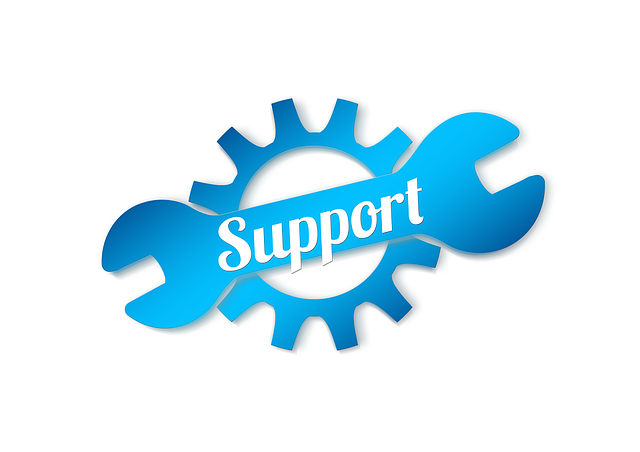Take Steps To Make Sure Your It Infrastructure Doesn’t Let You Down
Whether you’re a small business with one computer or a larger concern with a dedicated IT department, keeping your IT system in tip top working order and having a plan and resource to get up and running again if the worst should happen is vital. IT problems can cause considerable downtime, disruption and possible loss of business, not to mention lost goodwill if your customers are directly affected.

Good support is vital
Unless your IT set up is big enough for you to employ qualified full-time staff capable of keeping your systems working as they should, and able to react quickly if the worst happens and your system goes down, then top quality back up from a third party IT support company is very important.
Don’t think this only applies if you run several computers as part of an integrated IT system; good support could pay dividends even if you’re a home user.
Here are some typical problems that can strike.
Faults through outdated software and firmware
It’s easy to miss the occasional vendor update to your software systems or the odd firmware upgrade. If you do, then it’s possible at least the following can happen:
- Conflicts – outdated software and firmware can conflict and not work properly with more recently updated systems
- Security risks – sometimes updates contain security updates – perhaps to overcome recent known vulnerabilities. Miss some updates and you’re possibly making your system more vulnerable to hacking, virus threats, malware and more
- Less efficient operation – some updates improve performance of the software, so using an older version means you could be denying yourself improved speed and efficiency
- Fewer features – newer software can add useful and time saving features that you’re denying yourself if you don’t keep systems and software up to date
Efficient back up
If your system does fail in whole or in part, or you lose some data by other methods, then regular and easy to access backups are just about number one in the priorities for good IT management. Data loss is potentially calamitous and procedures should be in place to protect and save your data through reliable backing up.
Instituting and adhering to a regular backup routine is very important and shouldn’t be neglected at any time. Secondary backups are a minimum, and having at least one back up to the cloud is worth considering; you’ll have a backup off site and it won’t take up physical space such as with physical hard drives and other back up media.
Your support experts can advise on and help implement a dependable backup system for you possibly including cloud support.
Website support
Your website is likely a key resource and maybe your ‘virtual shopfront’ so you can’t afford for it to be out of action or otherwise misbehaving.
Reliable hosting is vital, and it’s important to continue ensuring your current requirements are being met. Ask yourself the following questions:
- Capacity – if your website has expanded and is handling more traffic (visitors), is your current hosting package still suitable?
- Hacking – are there provisions in place if your website is hacked, suffers a DOS (denial of service) attack or other threat that could cause it to go down?
Reassess your present hosting arrangements by seeking advice from your IT support company; some offer hosting packages or can help you find the right one for your requirements.
Networking and the Internet
A reliable network is important especially in terms of security. With several people likely using and maybe accessing it from outside (personnel on the road and so forth), a network structure capable of handling the demands placed on it and provide security from outside threats such as hacking is important.
Always check your network is as sturdy and secure as it should be. Your IT support service should be able to show you how to institute regular checks and help you maintain security effectiveness through effective use of firewalls and other measures.
Efficient email systems are important to keep email safe, secure, and to enable personnel to easily access specific emails through efficient archiving and filing.
You may wish to migrate your emails to another platform; your IT support specialists should be able to help.
Access level security
Check who is able to access your IT systems and at what level. In larger departments, it’s likely that access could range from one employee being able to access one or maybe a few PCs up to the system administrator who has access to higher levels of the set up.
Check access levels and their sturdiness, and perhaps overhaul arrangements from time to time with the help of your systems support company.
Arrange support to suit your needs
You may be interested in full, ongoing support from a third party IT support service. If so, a package can be worked out for full round the clock help if required.
Alternatively, you may only require support occasionally; perhaps if you have some in-house expertise. In these cases, maybe ‘pay as you go’ support is possible so you don’t have to deny yourself outside help even if it’s only required occasionally.